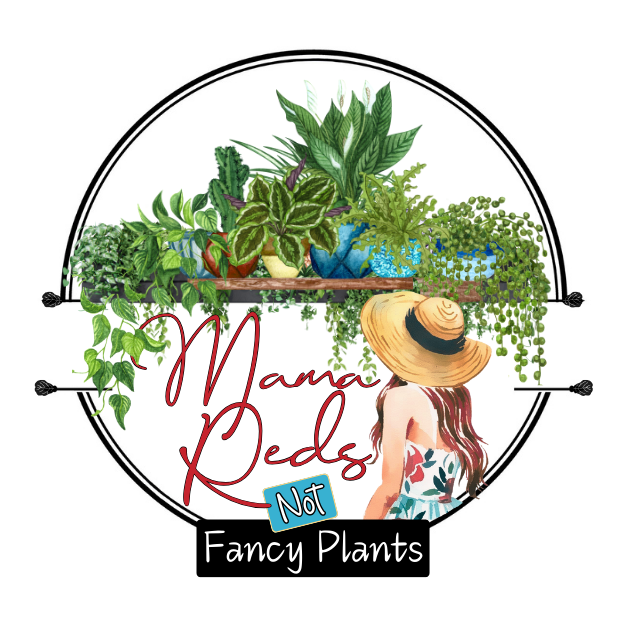We'll be back up shortly with some new and exciting things! Stay tuned... if you need immediate assistance please email us at: notfancyplants@gmail.com


We'll be back up shortly with some new and exciting things! Stay tuned... if you need immediate assistance please email us at: notfancyplants@gmail.com